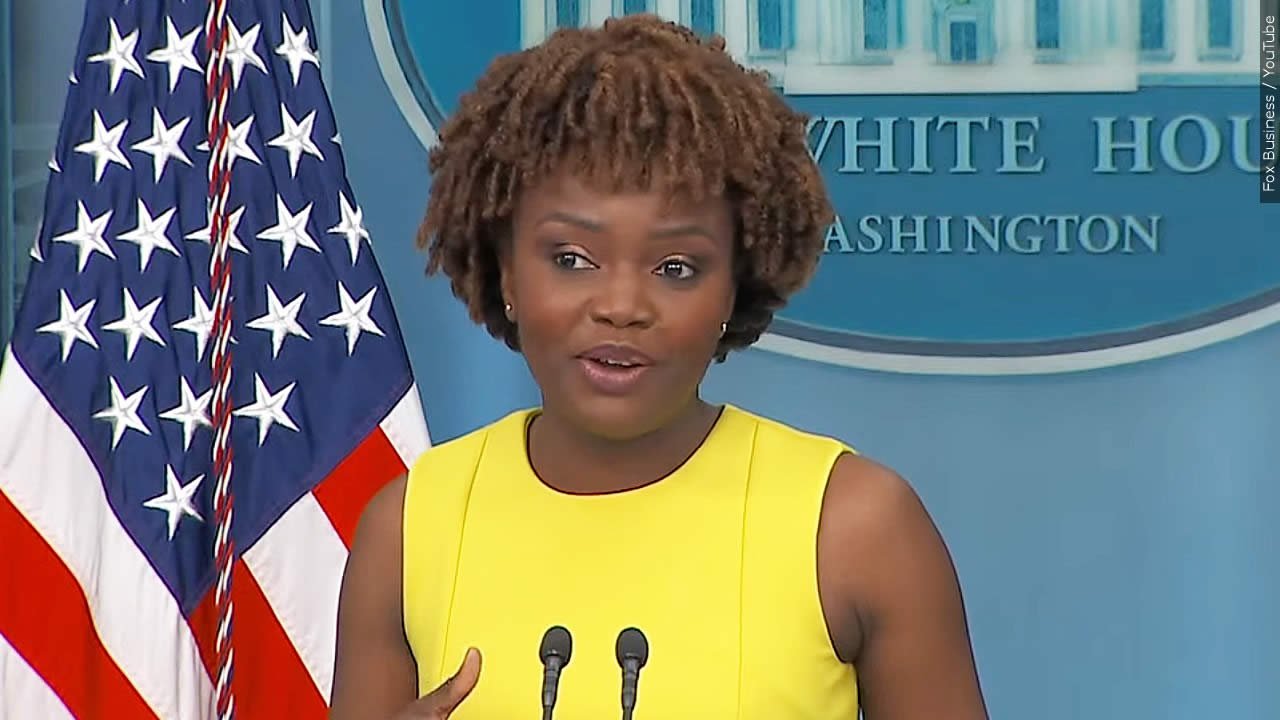Monrovia, Liberia–(ENEWSPF)– Liberian President Ellen Johnson Sirleaf has issued Executive Order #22, pending the submission to the Liberian Legislature of a Whistleblower Act. The legislation is intended to protect anyone who discloses information about action of impropriety against the public interest or public good that is occurring, has occurred, or will occur in any public or private institution.
The objective of the Executive Order is to protect persons employed in both public and private institutions who disclose information about action against the public interest or good in any public or private institution, unless otherwise provided by law, to allow individuals the right to take legal action in respect of retaliation and related matters.
The Executive Order applies to any protected public interest disclosure which is made after the date on which the Executive Order comes into operation. The Order binds all persons, including the State. “Public interest disclosure” in this sense means specific disclosure by an individual involving illegality, criminality, breach of law, miscarriage of justice, danger to public health and safety and damage to environment and includes attempt to cover up such malpractices in any governmental establishment, public or private enterprise.
Although a Whistleblower Act will be submitted to the Liberian Legislature upon its return from recess, the Order notes the importance of protecting the Liberian society against the continued acts of impropriety and other practices that will continue to seriously impact negatively upon the nation.
Under the Executive Order, a whistleblower who meets the criteria set forth and acting in good faith, shall not be subjected to retaliatory action by the employer, by a fellow employee or by another person because a disclosure has been made.
Retaliation, under conditions of the Executive Order, is unlawful and is an indictable offence where the person making the disclosure has acted within the law, met the criteria of the Executive Order and acted in good faith. Accordingly, an employer or person retaliating against a person who is properly making a public interest disclosure, commits an offense punishable by a maximum penalty of two years, in the category as defined by the Penal Law of Liberia.
Executive Order #22, further states that a whistleblower who has suffered retaliation under provisions of the Order, can seek redress according to the form of the retaliation suffered – if criminal, from the Ministry of Justice; if employment-based, from the Ministry of Labor; if economic, from the civil courts through an action in damages.
Executive Order #22 also states that an employee may appeal for a change of assignment on the ground that it is likely that he/she will suffer retaliation if he/she continues at the existing work location, and where the most effective way to remove or substantially remove the danger is to reassign or relocate the employee or a person who is accused of committing retaliation.
Under other provisions of the Executive Order, a person is not liable, civilly, criminally or under an administrative process, for making a public interest disclosure if he/she, acting in good faith and within the criteria set forth in Executive Order #22, believes and has reason to believe that the information disclosed is substantially true, even if it is later determined that the matter is incorrect.
A whistleblower whose disclosure results in the recovery of an amount of money, shall be rewarded with five (5) percent of the money recovered, in keeping with section 15 of the Executive Order, which has already been signed by President Ellen Johnson Sirleaf and is now in effect as of December 18, 2009.
Source: emansion.gov.lr








